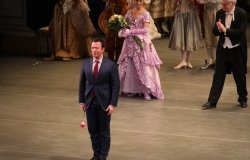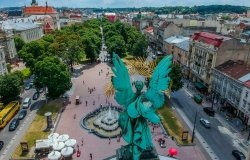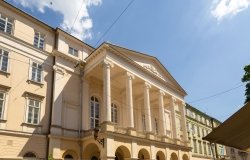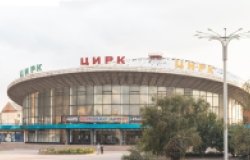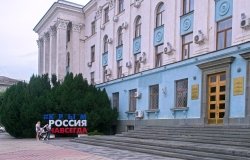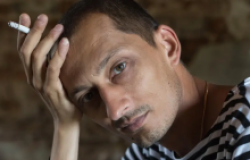#102 Film Artisans and Film Industries in Latin America, 1956-1980
By Julianne Burton
Abstract
The essay which follows, prelude to a larger historical, analytical, and interpretive project, attempts to lay the theoretical foundation for applying a contextual, process-oriented critical approach to a specific instance of oppositional cultural practice: 25 years of oppositional filmmaking in Latin America--the most sustained, concerted, and at the same time, varied effort in world film history to create a revolutionary cinema in all senses of the term.
From my point of view, the most compelling and significant aspect of the New Latin American Cinema movement, as it has evolved over the past quarter-century, has not been merely its ability to give expression to new forms and new contents, but above all its capacity to create alternative modes of production, consumption, and reception--ranging from the only apparently atavistic recourse, to artisanal modes, to the anticipation of more socialized industrial ones.
When films are transferred to other social, historical, political, and cultural contexts, they are subjected to an inevitable reification. They cease to be a process and become simply a product. Their nature as the intersection of dynamic historical and social forces and personalities cedes to the appearance of a static, particularized, "crystalized" object of contemplation, a reproducible and hence inunutable conunodity. My goal is to re-contextualize film not simply as a cultural artifact, but as a process of elaboration of a cultural artifact, and in so doing to make a case for both the feasibility and the necessity of this recontextualization. It is an endeavor which necessarily draws as much from the social sciences as the humanistic disciplines and which has potentially important implications for critical theory and practice in both spheres.
Related Program

Latin America Program
The Wilson Center’s prestigious Latin America Program provides non-partisan expertise to a broad community of decision makers in the United States and Latin America on critical policy issues facing the Hemisphere. The Program provides insightful and actionable research for policymakers, private sector leaders, journalists, and public intellectuals in the United States and Latin America. To bridge the gap between scholarship and policy action, it fosters new inquiry, sponsors high-level public and private meetings among multiple stakeholders, and explores policy options to improve outcomes for citizens throughout the Americas. Drawing on the Wilson Center’s strength as the nation’s key non-partisan policy forum, the Program serves as a trusted source of analysis and a vital point of contact between the worlds of scholarship and action. Read more

